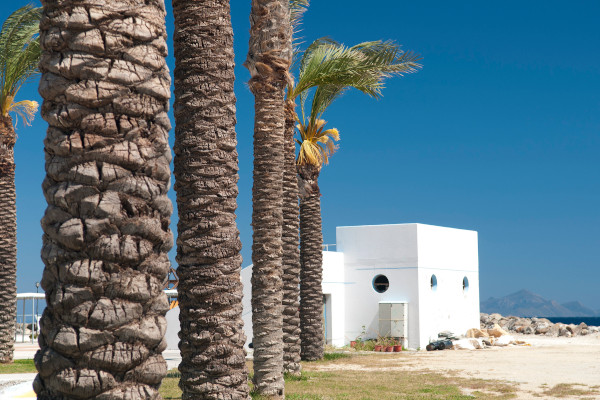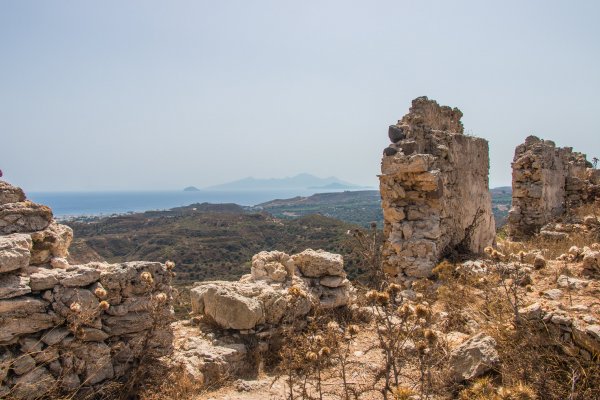Kos Attractions
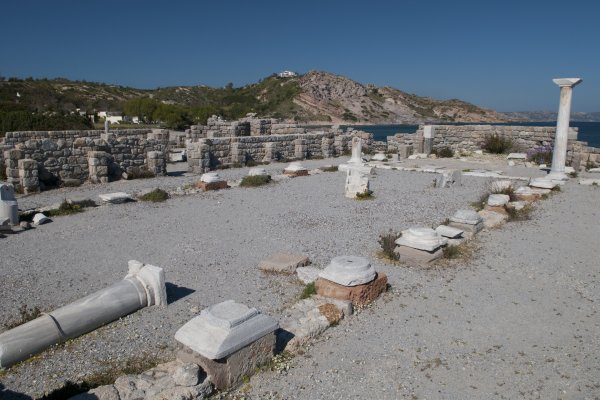
St. Stefanos Basilica (Ruins)
KefalosSt. Stefanos Basilica has a marvelous energy. You can get from the ruins straight into the sea. A historical swimming experience!
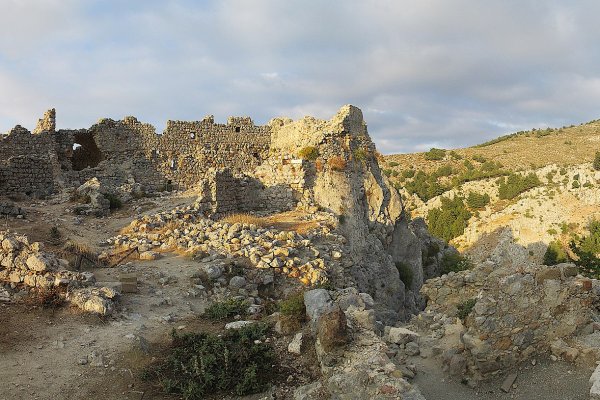
Palio Pili Castle
Getting to Palio Pili Castle is an adventurous climb through paths with no signs, which makes it all the more fun. Excellent views and a restaurant in the end.
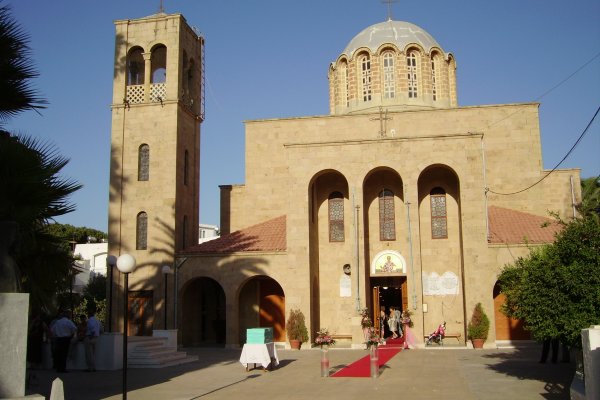
Church of St. Nikolaos
If you need a moment of tranquility and prayer, the Church of St. Nikolaos and its fabulous mural hagiography will soothe your soul.
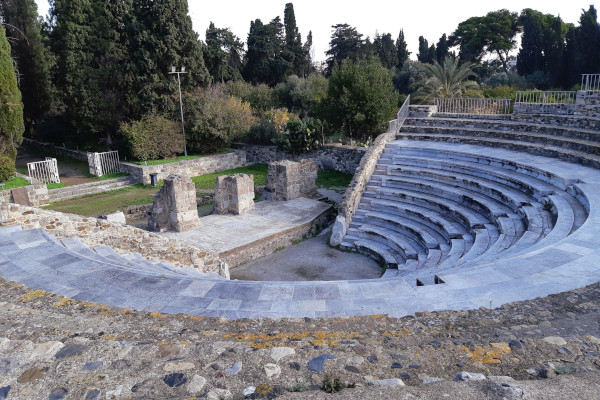
Roman Odeon of Kos
Up to 750 persons could sit in this 2nd century BC Odeon. Entrance is free and there is a car parking nearby.
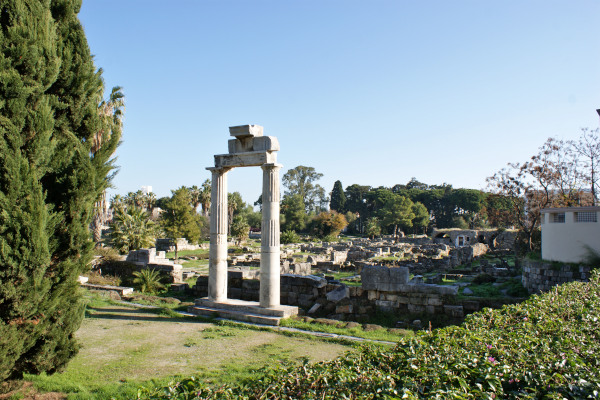
Ancient Agora of Kos
The island's social and commercial center in the 4th century BC. You can enjoy the view of the ruins also from the terraces of nearby cafés.
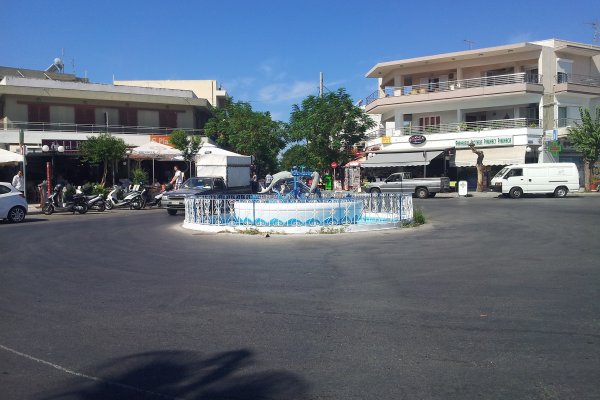
Dolphin Square
A vibrant little square with a dolphin-themed fountain. Here you enjoy a meal or a drink, book boat trips, and plan your next day.
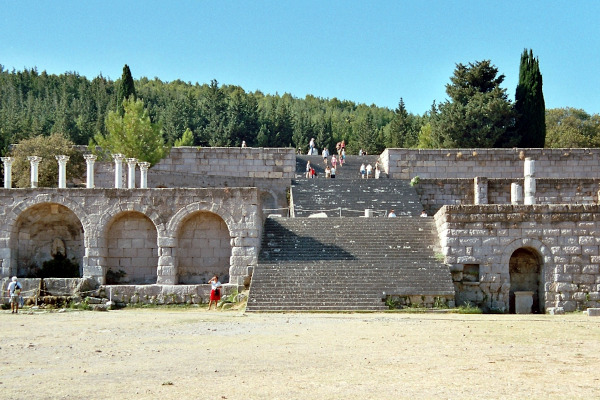
Asklepion of Kos
Dating from the 4th BC, it was dedicated to Asclepios, the God of Medicine, as well as a place of practice and teaching medicine.
Antimachia Castle
The Antimachia Castle is huge and enjoys panoramic views over the whole island. Built by the legendary Order of the Knights of Saint John. No signage.
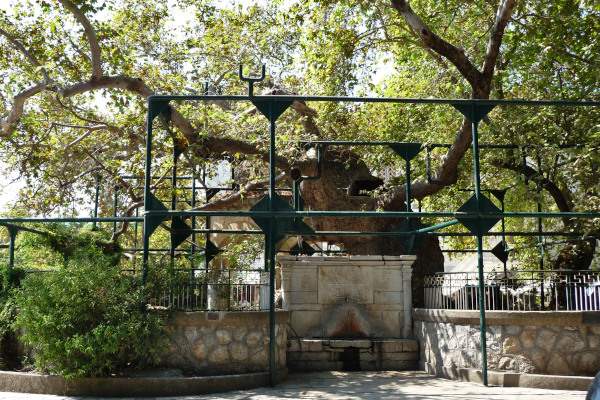
Plane Tree of Hippocrates
One of the oldest trees in the world which, according to a legend, was planted 2400 years ago by Hippocrates himself, who taught under its shade.
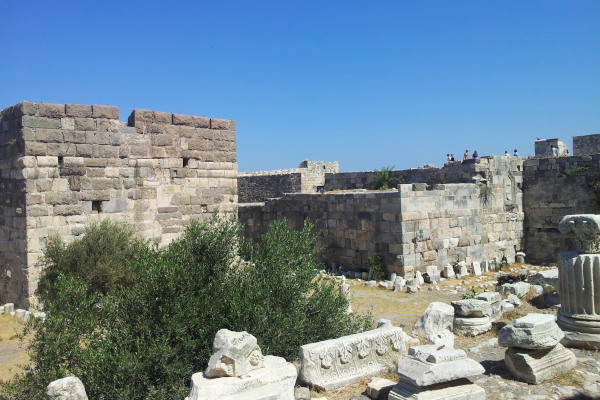
Neratzia Castle
At the entrance of the port, this is the most significant part of the fortification built by the Knights of St John's Order in the 14th century.
